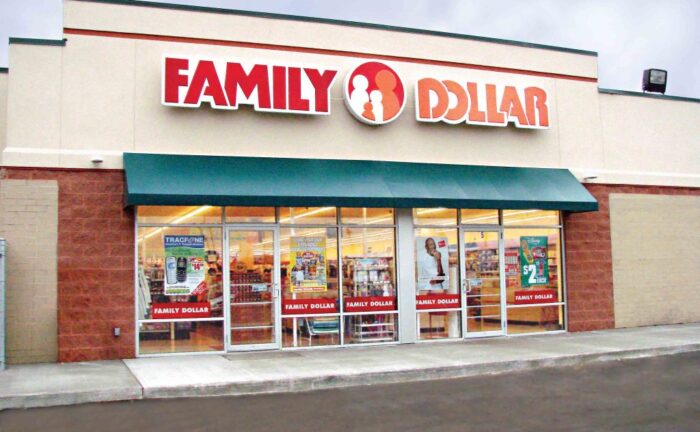
Chicago’s Misguided Attack on Dollar Stores
To make good strategic decisions, it is important to identify the potential options and then think deeply about which one is best. Not thinking through the implications can lead to bad choices. The simple, obvious answers that seem right often aren’t.
Chicago’s City Council provides a good example. The group recently passed a series of rules designed to limit the growth of dollar stores in the city. The legislation is well-intended but will do more harm than good.
Chicago’s Retail Problems
Chicago has multiple retail problems. One issue is that Michigan Avenue, Chicago’s great retail street, is emptying as stores close. The combination of high crime, high costs and lower street traffic is apparently motivating firms to focus elsewhere. Parts of State Street, running through the heart of the Loop, are almost empty.
The largest retail problem might be in challenged neighborhoods that have almost no grocery stores at all. These food deserts are expansive. The lack of retailers is a major issue; it is difficult for residents to buy basic products because there are no stores.
The food desert problem has become particularly serious in recent years as retailers like Target and Whole Foods have closed. The companies shuttered the stores because they weren’t profitable; the mix of costs and revenue didn’t work.
As the big retailers have moved out, dollar stores have moved in.
Dollar Stores
Dollar stores are remarkable retail establishments. First, they fulfill a need; people want products at low prices and dollar stores offer that.
Second, dollar stores can survive where other stores can’t. A typical store operates in a small space, often in a strip mall. Rents are low. The store has minimal finishing, which means the company can quickly move to another location if the rents increase. Staffing is limited, often just a couple people. Dollar stores negotiate hard to secure low-cost items from manufacturers.
Crime is less of a concern for dollar stores, too. When you are selling things that only cost a dollar or two, there is less of an incentive for people to rob you, and less loss when they do.
So, dollar stores can survive in areas where retailers with higher costs can’t. In Chicago, dollar stores opened up in challenged neighborhoods as stores like Target and Whole Foods closed.
There are some parts of Chicago where even dollar stores won’t open; the city recently had to provide subsidies to some dollar stores.
Chicago’s Legislation
The problem with dollar stores is that they are not high-quality retailers. The shopping experience isn’t great, selection is limited and customer service is minimal.
This has caused some of Chicago’s government leaders to declare that dollar stores are the problem and the best way to limit the dollar stores is to restrict them.
Recently passed legislation prevents a chain like Dollar General from opening a store within a mile of an existing store. This virtually ensures that the chains can’t open new locations. There are other restrictions and requirements as well.
The Issue
Unfortunately, limiting dollar stores won’t bring back higher-quality retailers. Limiting dollar stores will just mean food deserts will continue. When you block the only stores that might open, you will end up with no stores.
Chicago’s new restrictions might result in higher prices; when stores have little competition, there is an opportunity to raise prices. The efforts to help residents will instead result in fewer retailers and higher prices.
The way to solve the food desert problem isn’t to limit dollar stores; it is to create conditions where companies can earn a reasonable return.
The easy answer won’t solve the problem.
Dollar Stores in my area, Northwest Arkansas, have made substantial improvements. Dollar Tree has lowered shelves so the store has more of an open and friendly feel. Among my students at The University of Arkansas – ALDI is a popular of a destination as Walmart… and this is the home of Walmart.
I once asked a school board member to explain the different districts in suburban Chicago and she said “you’re comparing cities, not school districts.” She continued, “School board members are voted in. The schools will look like however that suburban city wants them to look. Pick your city first.”
We have some parts of this area where the dollar stores are a constant mess… and others were they are clean and fun to shop. The location predicts the behavior sometimes.